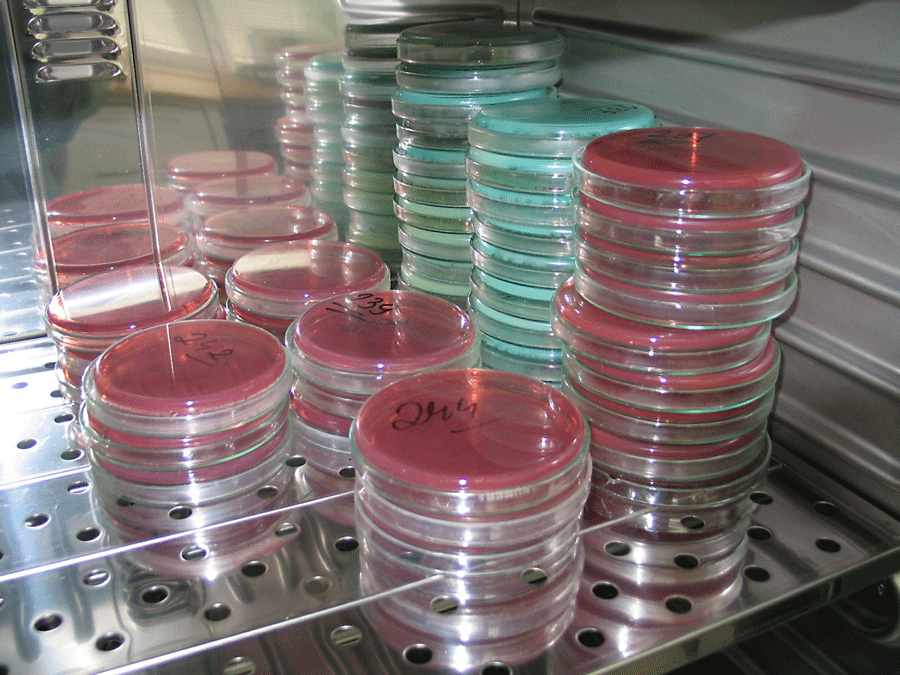Disease
Hurler syndrome
Hurler syndrome is a rare genetic disorder that is caused by a deficiency in the enzyme alpha-L-iduronidase. This enzyme is responsible for breaking down certain complex sugars in the body. Without this enzyme, these sugars accumulate in various tissues throughout the body, leading to a wide range of symptoms and Read more…


